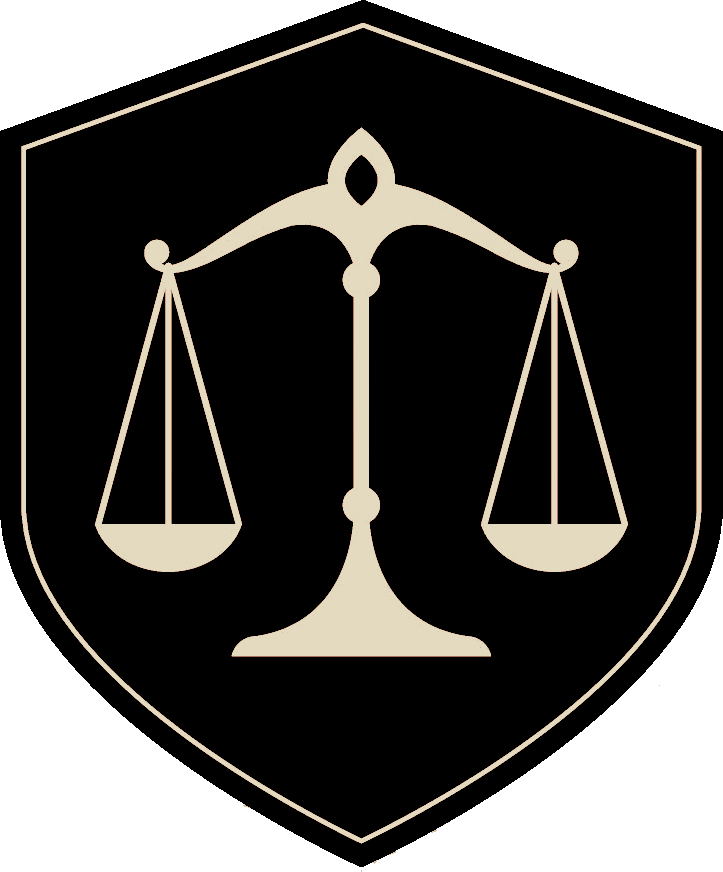Common Types Of Medical Malpractice

Healthcare is ideally meant to improve and preserve our well-being. However, occasionally, things can go wrong and the results can be devastating. When you entrust your health to medical professionals and become a victim of their negligence, it can often lead to severe physical, emotional, and financial distress. Understanding these examples can be the difference between getting the compensation you deserve and being left in the lurch. Here is an overview of the common types of medical malpractice you might encounter.
Surgical Errors
Surgical errors, also referred to as surgical misconduct or malpractice, are any mistakes or neglect that occur during or as a result of surgery. These blunders can be really minuscule and not have any long-term consequences to extremely major and perhaps lethal complications that arise during or after a medical operation.
Common surgical mistakes include operating on the incorrect region of the body, accidentally hurting other organs while undertaking the operation, contamination or infection from an unclean environment, operating with unsanitized instruments, lack of informed approval, failure to follow acknowledged standards of care, insufficient pain relief during or after an operation, using improper instruments or prostheses, or conducting a needless surgery.
Misdiagnosis
A misdiagnosis occurs when a medical professional makes an inaccurate diagnosis or fails to notice or diagnose an illness that a competent healthcare provider would have recognized. A misdiagnosis increases the risk of receiving the wrong treatment, experiencing a delay in treatment, or worsening the illness. Because of how crucial timing is in medicine, this might result in significant injury or even death.
To constitute medical malpractice, a doctor's misdiagnosis must have been caused by substandard treatment compared to what other doctors in the same specialty would provide under similar circumstances. This implies that the doctor's error must be exceptional, or not something that a typical doctor would do.
To bring a claim, the plaintiff must provide proof in the form of qualified testimony from a different physician who can clarify why the treating doctor made an incorrect diagnosis and treatment and the consequences of that diagnosis and treatment.
Birth Injuries
When a baby suffers an injury during pregnancy, labor, delivery, or immediately after birth due to medical malpractice or error, we call that a birth injury. Medical professionals may be liable for birth damage if they miss diagnosing or treating preexisting problems in the mother or newborn.
The use of vacuum extractors or forceps incorrectly by medical staff is another common cause of birth injuries, as is the failure to foresee and treat difficulties that may arise because of the baby's large size. The most severe birth injuries might result in permanent impairment or even death.
Common birth-related injuries include brain injuries, spinal cord injuries, bone fractures, facial or head trauma, damaged nerves, respiratory or respiratory problems, brachial plexus complications, wrongful death, and wrongful pregnancies.
Medication Errors
Medication errors can result from an incorrect diagnosis of a disease that leads to the wrong prescription, wrong prescriptions made by physicians or delivered by pharmacies, wrong dosages given by nurses, or wrong dosages given by medical equipment that malfunctions. Similarly, medication malpractice can occur when a doctor selects an ineffective treatment or makes a mistake while conducting a procedure.
Prescription drug errors are a subset of medication errors that occur when there is a miscommunication between the prescriber and the pharmacist. A patient may take the wrong drug or an inappropriate dosage due to a mistake made by a doctor, pharmacist, or other healthcare provider. Accidental drug interactions can have serious consequences for patients.
Contact us at William A. Andy Law for legal consultation and representation for medical malpractice in Tennessee.









